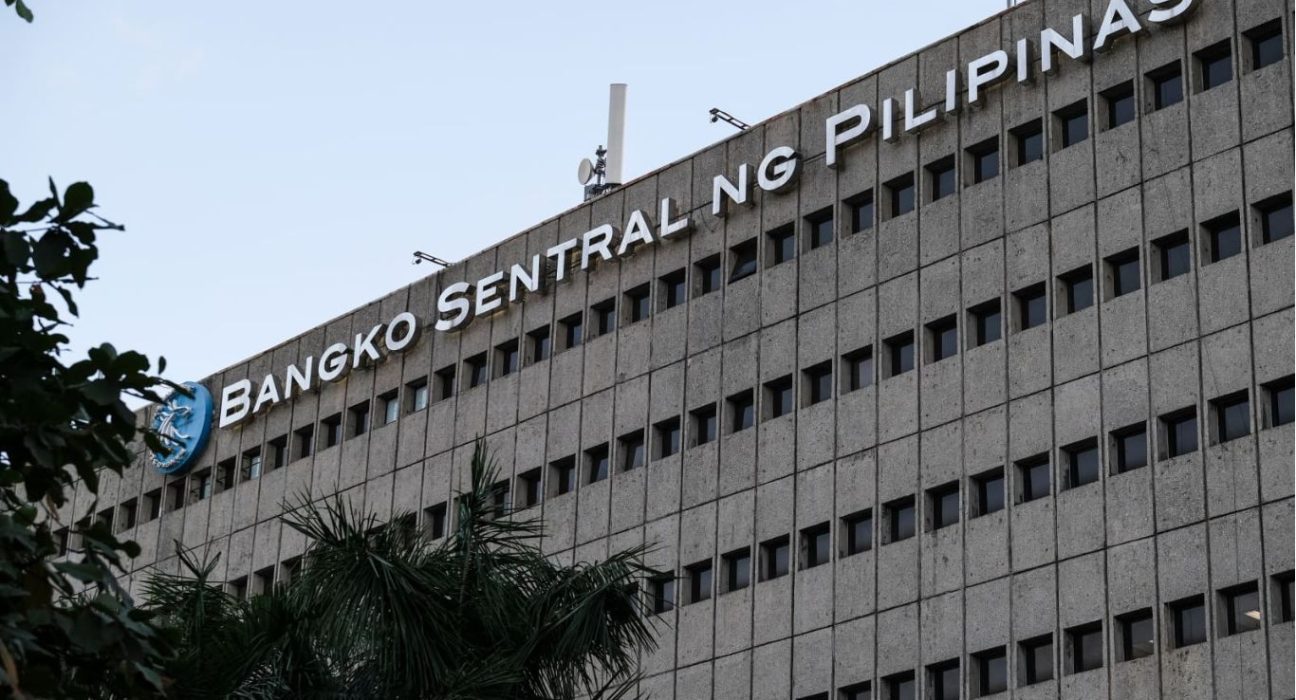Introduction:
The Bangko Sentral ng Pilipinas (BSP) has revised its projections for the country’s current account deficit and balance of payments (BOP) deficit for 2023 and 2024. The central bank expects a current account deficit of $17.1 billion for 2023, which is narrower than its previous projection of $19.9 billion. The BOP deficit projection for 2023 has also been revised downwards from $5.4 billion to $1.6 billion. This article will discuss the reasons behind these revisions and their potential implications for the Philippine economy.
Reasons for the revisions:
The BSP has revised its projections due to subdued economic activity both domestically and globally. The COVID-19 pandemic continues to impact economies worldwide, leading to reduced trade and investment flows. The Philippines has not been immune to these effects, and the BSP has adjusted its projections accordingly.
Additionally, the BSP expects the country’s trade deficit to narrow in 2023 due to higher export earnings. This projection is based on an expected recovery in global demand for the country’s electronics products, which make up a significant portion of the Philippines’ exports.
Implications for the Philippine economy:
The revised projections have both positive and negative implications for the Philippine economy. On the positive side, a narrower current account deficit means that the country is importing less than it is exporting. This could indicate that the Philippines is becoming more self-sufficient and less reliant on imports. Additionally, the projected increase in export earnings could boost the country’s overall economic growth.
On the negative side, a current account deficit means that the country is still importing more than it is exporting. This could lead to a decline in the country’s foreign exchange reserves, which are used to pay for imports. A decline in reserves could also lead to a weakening of the Philippine peso relative to other currencies.
Moreover, a BOP deficit means that the country is spending more on foreign transactions than it is earning. This could indicate a net outflow of funds from the country, which could have negative implications for the Philippine economy in the long run.
Conclusion:
The BSP’s revised projections for the Philippines’ current account deficit and BOP deficit reflect the impact of the COVID-19 pandemic on the global and domestic economies. While the revisions have both positive and negative implications for the Philippine economy, they provide useful information for policymakers and investors alike. As the pandemic continues to evolve, it will be important for the BSP to monitor economic trends and adjust its projections accordingly.










